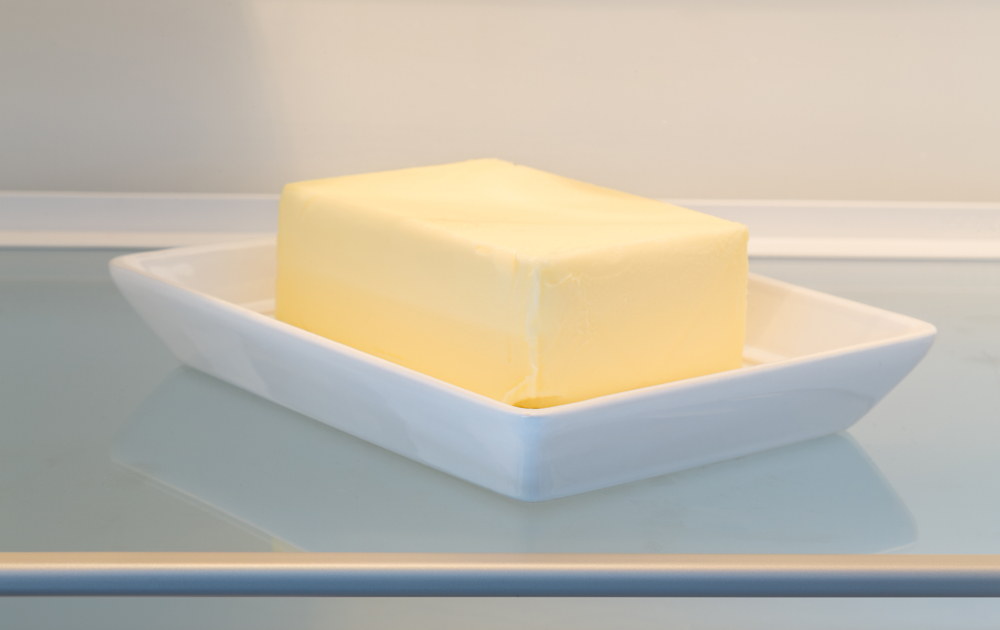This process does not release any greenhouse gases, does not use agricultural land, and uses less than one-thousandth of the water used by traditional agriculture.
Others are reading now
In a groundbreaking development, the start-up Savor, supported financially by billionaire Bill Gates and operating under Orca Sciences, has stunned the world with its innovative method of butter production.
From Air to Butter
The team at Savor has utilized biochemistry to create fats from air and water, eliminating the need for animals, plants, or agricultural land. According to Tech, this initiative aims to significantly reduce greenhouse gas emissions generated by agriculture, which account for approximately 8.5% of global CO2 emissions.
Bill Gates, an investor in the project, shared his impressions of one of Savor’s products – butter.
In a blog post, he expressed amazement, noting that the product tastes like real butter. Gates believes this is achievable because the fats produced by Savor are chemically identical to those found in animal and plant-based products. Moreover, he emphasized that the process of producing such butter does not emit greenhouse gases, consumes significantly less water than traditional agriculture, and does not require agricultural land.
Also read
“Ultimately, they have developed a process that involves extracting carbon dioxide from the air and hydrogen from water, heating and oxidizing them to induce the separation of fatty acids, and then forming fat. The result is real fat molecules, just like those obtained from milk, cheese, beef, and vegetable oils. This process does not release any greenhouse gases, does not use agricultural land, and uses less than one-thousandth of the water used by traditional agriculture. And most importantly, it tastes really good,” wrote Bill Gates.
Large-Scale is Feasible
The work of the Savor team and scientists from the University of California – Irvine, published in the journal Nature Sustainability, demonstrates how synthetic fat production can contribute to reducing CO2 emissions. It was noted that traditional production of animal fats generates between 1 to 3 grams of CO2 per thousand calories, whereas in the laboratory, the same amount of fats can be produced with emissions below one gram of CO2.
“Large-scale synthesis of food molecules without agricultural raw materials is very feasible,” said Steven Davis, the study’s lead author, as quoted by IFLScience. Davis emphasized that reduced demand for agricultural land could reduce competition between natural ecosystems and agriculture, thereby avoiding many environmental costs.
As reported by IFLScience, one of the main challenges for the project is making the process economically viable to attract a larger number of consumers. Nevertheless, scientists are optimistic about scaling up production. Professor Davis highlighted the possibility of building large reactors for synthesizing fats on a large scale, using chemical processes that do not require biology, thus maintaining high efficiency.


